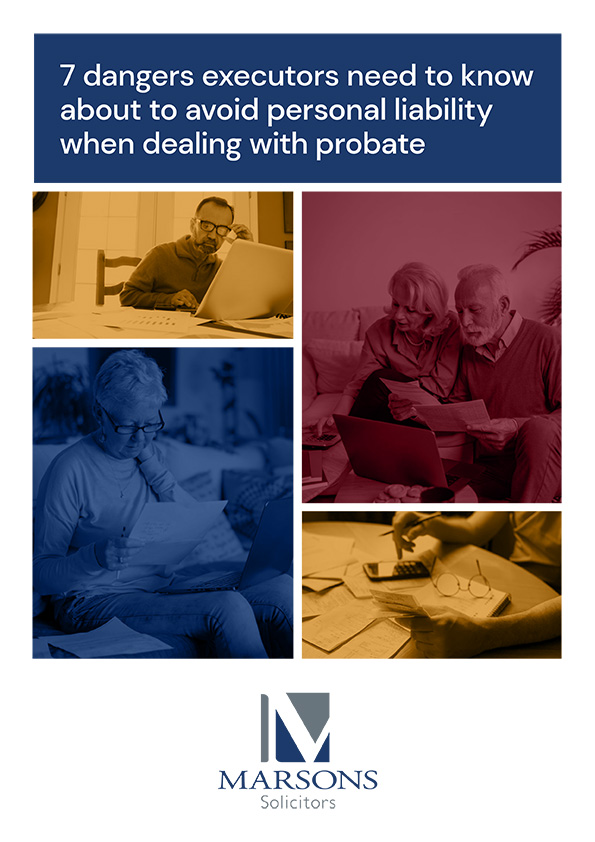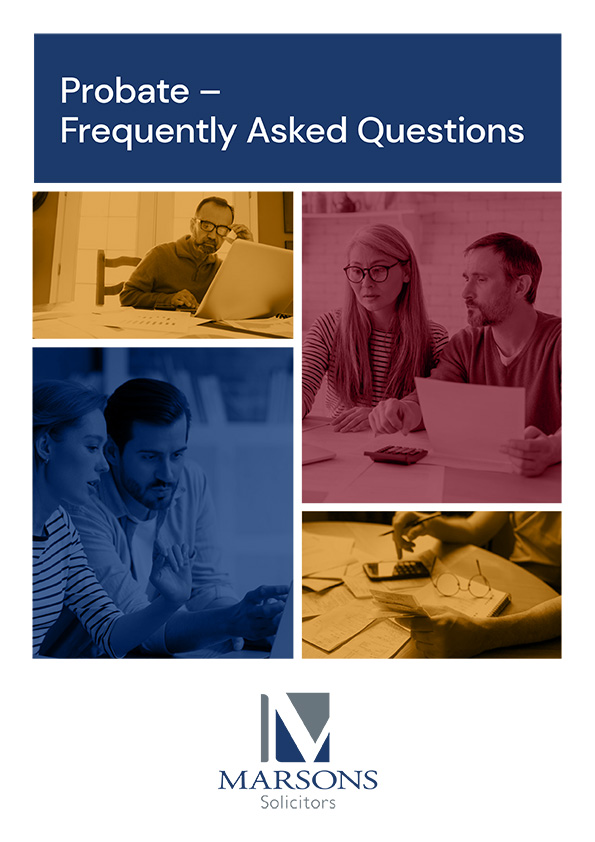Buying a Property in Unequal Shares: Why You Might Need a Tenants in Common Trust Deed

Buying a property with someone else is a big financial commitment and it’s not always a 50/50 arrangement. Whether you're buying with a partner, friend, or family member, you may find that one of you is contributing more towards the deposit, mortgage, or running costs. In such cases, it’s important to consider buying as tenants in common and putting a trust deed (also known as a declaration of trust) in place to protect your interests.
What Does Buying in Unequal Shares Mean?
Buying in unequal shares means that each person owns a different percentage of the property. For example, one person might pay 70% of the deposit while the other pays 30%, and the ownership reflects that difference.
When buying a property jointly, there are two legal ways to hold ownership:
● Joint tenants: You both own the entire property equally. If one person dies, their share automatically passes to the other, regardless of what's stated in a will.
● Tenants in common: You each own a defined share of the property, which can be equal or unequal. This share forms part of your estate and can be passed on in your will.
For those contributing unequal amounts, the “tenants in common” route is often the more suitable option.
Why a Declaration of Trust Is Essential
A declaration of trust is a legal document that sets out how the property is owned and what each party is entitled to. It provides clarity and protection, especially if:
● One party pays a larger deposit
● The mortgage is being paid unevenly
● You want to specify how proceeds will be divided if the property is sold
● You’re not married or in a civil partnership and want to safeguard your contribution
Without a trust deed, there's a risk that the default assumption will be that you own the property equally which may not reflect the reality. If your family is gifting you a large sum towards the deposit, they may be much happier about it if they know that your share will be protected if the property is sold, perhaps if you and your co-owner decide to part ways.
What Should a Trust Deed Include?
A well-drafted declaration of trust will typically include:
● The percentage of the property each person owns
● Details of each person’s financial contributions (e.g. deposit, mortgage payments, maintenance costs)
● How the sale proceeds should be divided if the property is sold
● What happens if one person wants to sell their share or move out
● Any agreement about future contributions or responsibilities
This can be particularly important if your circumstances change, for example, if you separate or if one person wants to invest more into improving the property.
Protecting Your Share
A trust deed doesn’t just protect your financial investment but it also reduces the risk of future disputes. It gives both parties peace of mind and ensures everyone understands their rights and responsibilities from the outset.
You should also make sure your will is updated to reflect your share in the property, especially if you want to leave it to someone other than your co-owner. You can find out more about updating your will here.
Speak to a Specialist
At Marsons Solicitors, we help individuals and families through the legal side of property ownership. If you're thinking of buying a home with someone else and want to ensure your investment is properly protected, we can draft a trust deed tailored to your circumstances and advise on your best options.
To speak to one of our conveyancing or private client solicitors, contact us today.
Resources
7 Dangers Executors Need to Know










